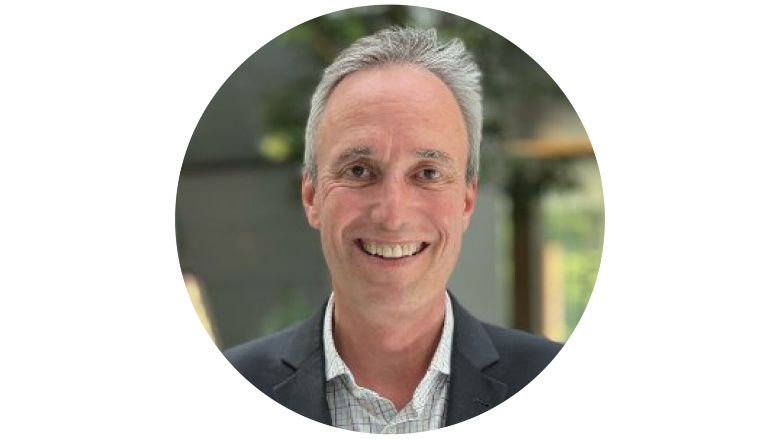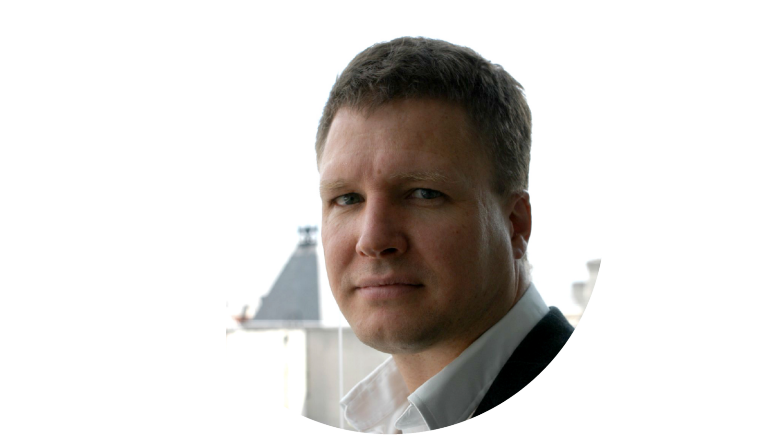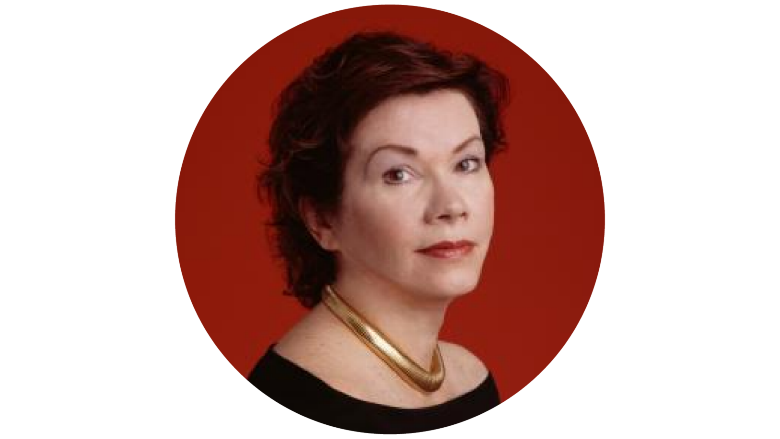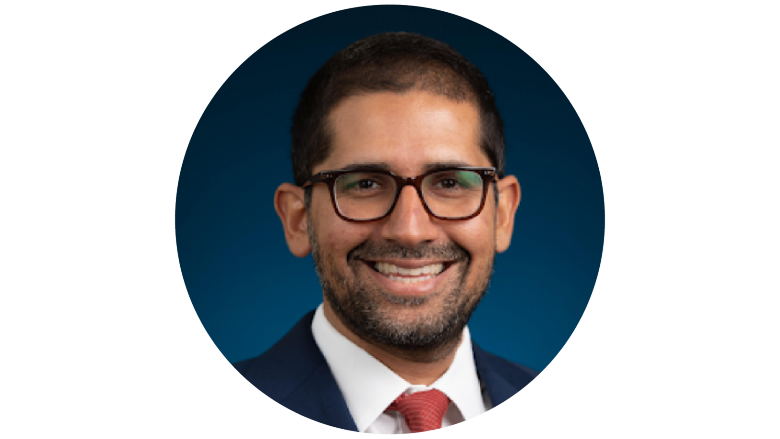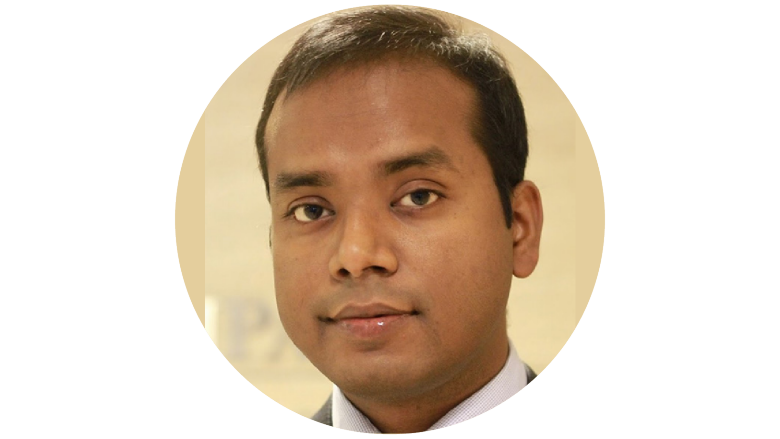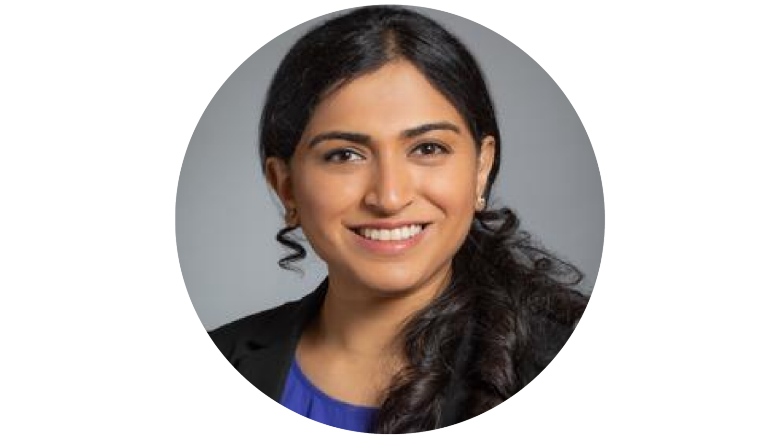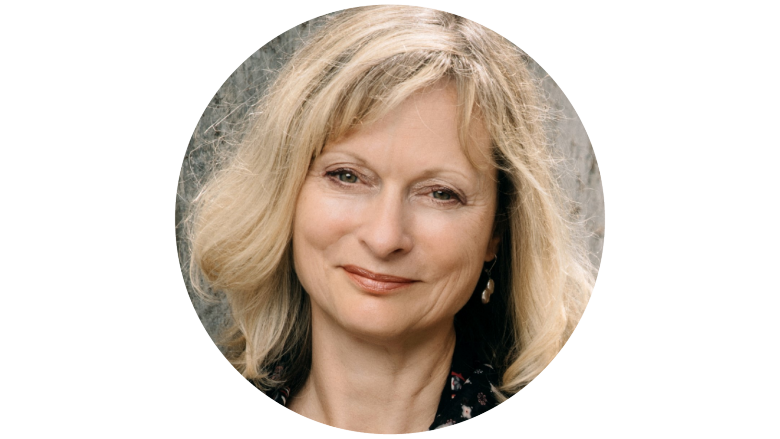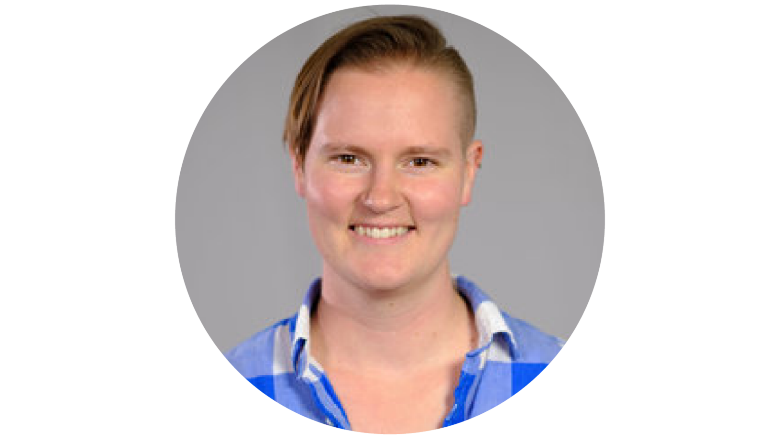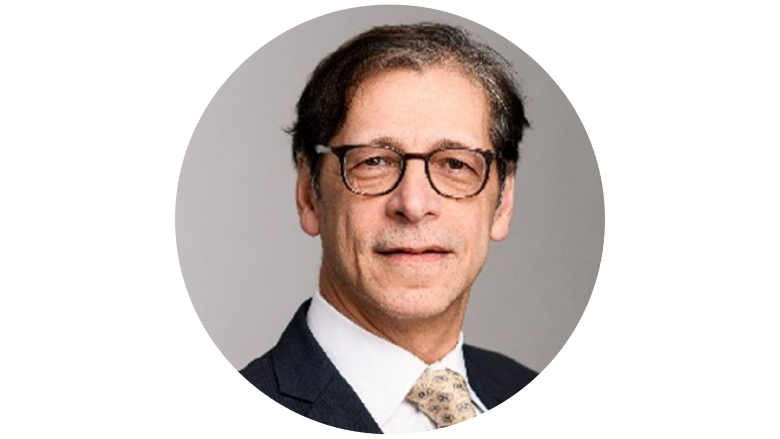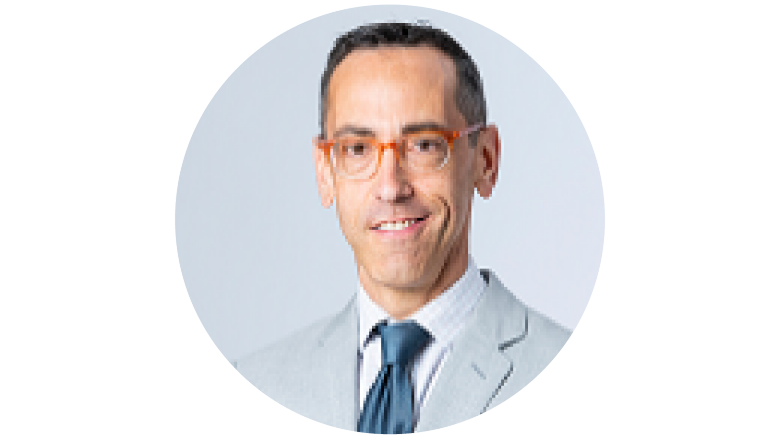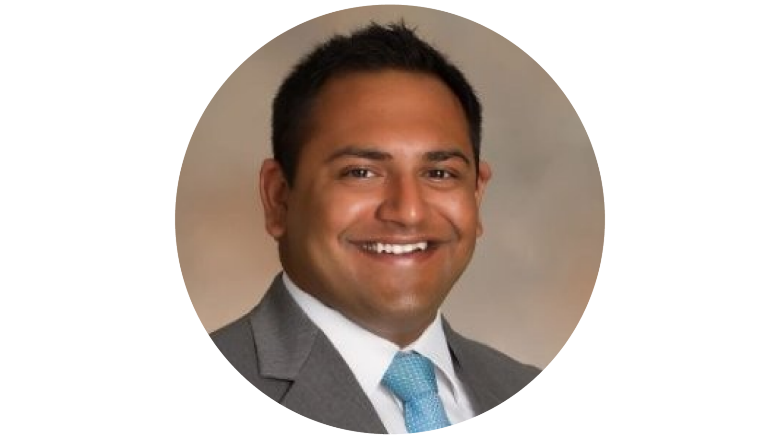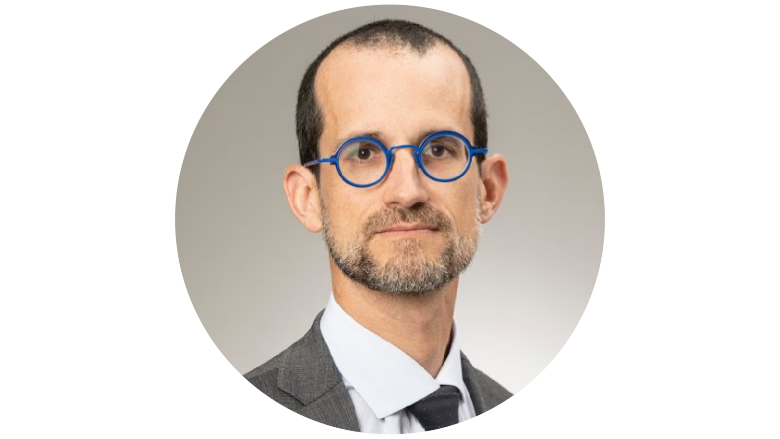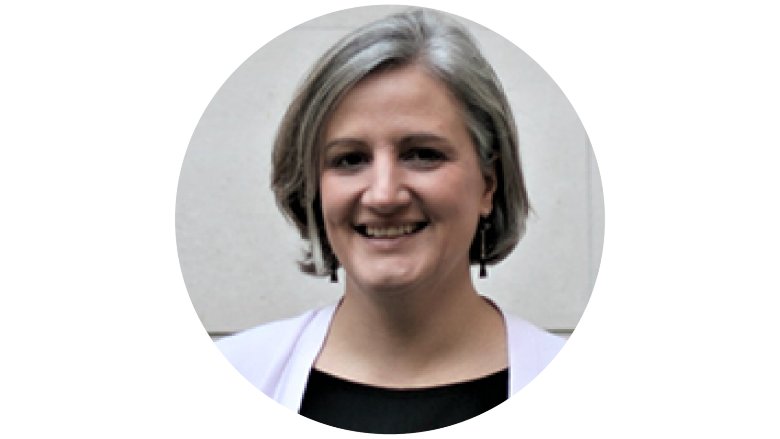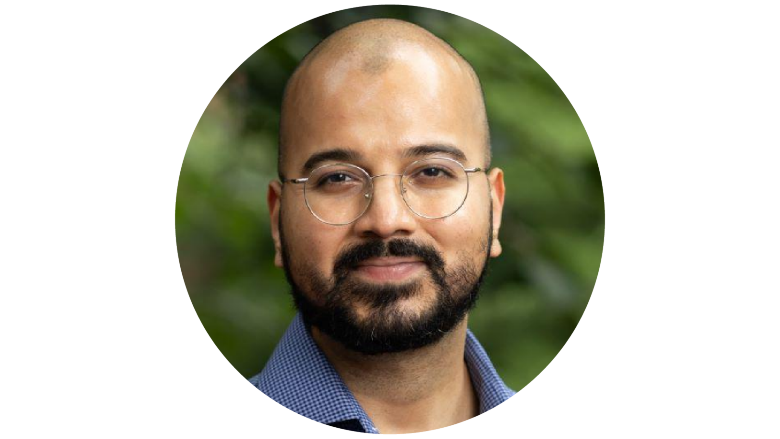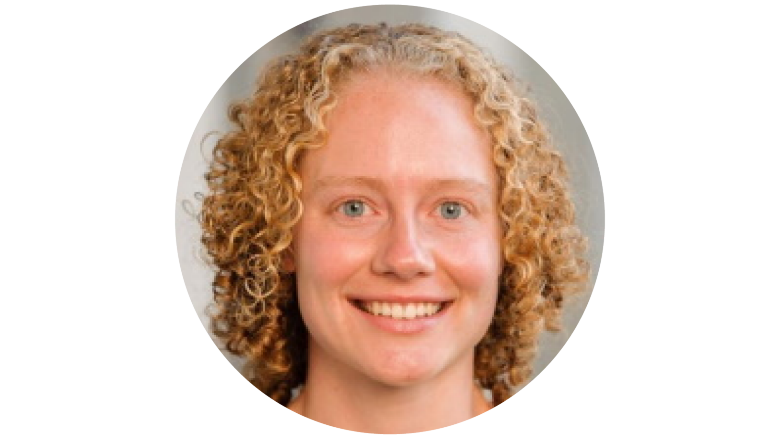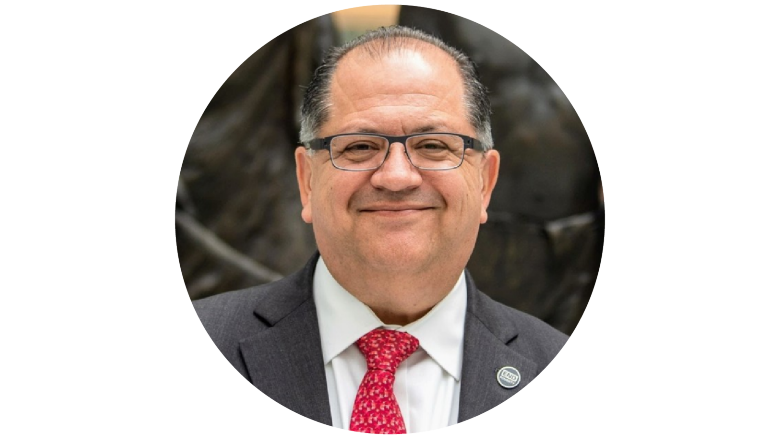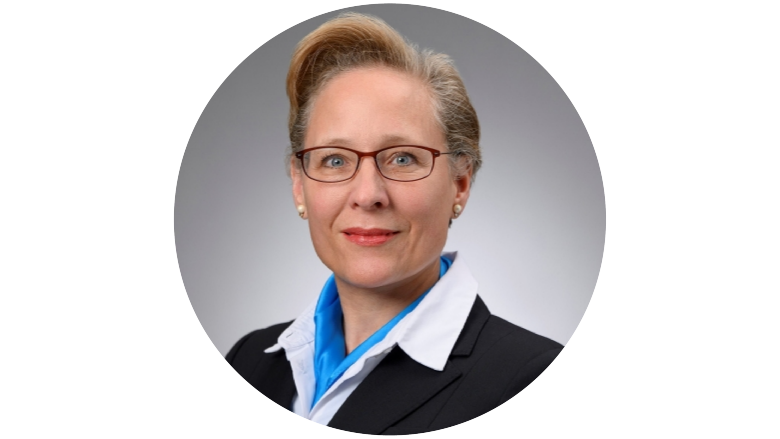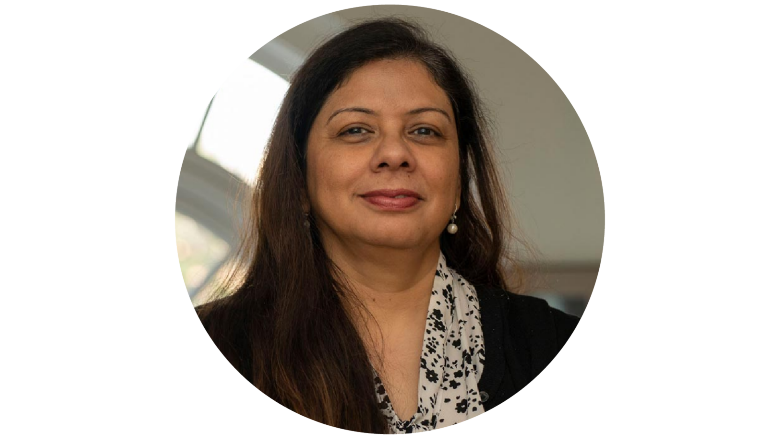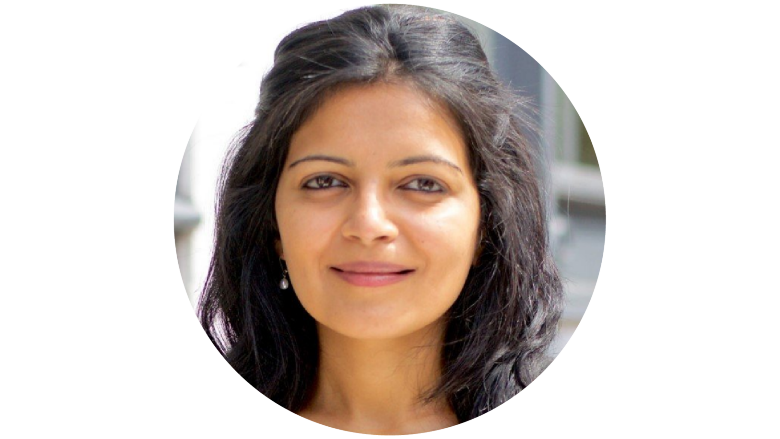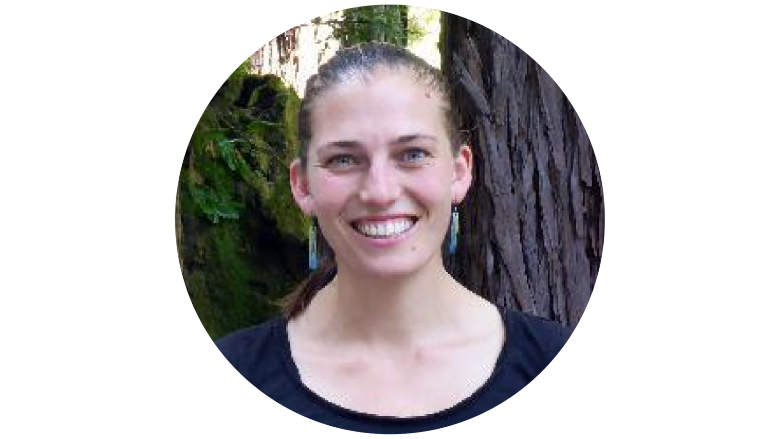Join us for a workshop organized by the Office of the Chief Economist for the South Asia Region of the World Bank and the 21st Century India Center at UC San Diego’s School of Global Policy and Strategy. This in-person event aims to spark discussions on climate change adaptation in South Asia and elsewhere, bringing together experts and academia in a quest to address one of the most pressing challenges for many emerging market and developing economies.
By showcasing cutting-edge research and exploring innovative solutions, we aim to pave the way for resilient communities and sustainable futures in South Asia and beyond.
- Overview
- THEME
- PROGRAM AGENDA + MATERIALS
- SPEAKERS
Date: Friday, March 8, 2024
Time: 8:45 AM – 5:00 PM EST
VENUE: (MC 4-800) World Bank Main Complex
CONTACT: Office of the Chief Economist in South Asia
Climate change is projected to set back economic growth in South Asia unless governments, firms and households can adapt to it. This adaptation can happen in many ways, including investment in more resilient infrastructure and technologies, strengthening of disaster preparedness, or labor movements across space or sectors. A small but rapidly growing body of economic research is studying how climate change adaptation occurs, what impacts it has and which factors impede it. By bringing together academics and practitioners, the workshop will help synthesize emerging policy and operational lessons from this research, while also identifying main knowledge gaps where more research is urgently needed to address adaptation challenges in South Asia and beyond.
The topics of papers to be presented include:
- How do firms and households adapt to a changing climate?
- What gender differences are there in the socio-economic impacts of climate change and what constraints do women face in adapting to climate change?
- How much of the damage from climate-related shocks can be recouped by adaptation? What are the limits of individual adaptation?
- How can power and transport infrastructure be made more resilient while improving access to energy and markets?
- What are the tradeoffs between different adaptation mechanisms?
- How can government policies and public investment best facilitate private adaptation?
The workshop will focus on research from South Asia and similar contexts.
Organizing committee: Achyuta Adhvaryu and Teevrat Garg (UC San Diego). Jonah M. Rexer, Siddharth Sharma and Margaret Triyana (World Bank).
Friday, March 8, 2024
8:45 AM – 5:00 PM (EST) | 5:45 AM – 2:00 PM (PST)
8:45-9:00 AM |
Welcome Remarks · Franziska Ohnsorge, Chief Economist, South Asia Region, World Bank · Achyuta Adhvaryu, Professor & Director, 21st Century India Center |
| 9:00-10:00 AM | Panel Discussion | Climate Adaptation Priorities for South Asia · Maureen Cropper, Distinguished University Professor, University of Maryland · Robin Burgess, Professor and Director of the International Growth Centre, London School of Economics · Stéphane Hallegatte, Senior Climate Change Adviser, World Bank Moderator: Martin Raiser, Vice President, South Asia Region, World Bank |
10:00-10:15 AM |
Coffee Break |
10:15-11:45 AM |
Paper Session 1 | Adaptation in the Agricultural Sector Paper I: Access to Credit and Climate Resilience in Agriculture Sheetal Sekhri, Associate Professor, University of Virginia Paper II: Run on the Reservoir: Evidence on Administrative Competition for Groundwater in India Shweta Bhogale, Postdoctoral fellow, MIT Paper III: Price Incentives for Resource Conservation: Experimental Evidence from Groundwater Irrigation Ariel Zucker, Assistant Professor, University of California, Santa Cruz Fiona Burlig, Assistant Professor, University of Chicago Discussants: · Ruth Hill, Lead Economist, Poverty and Equity Global Practice, World Bank · Esha Zaveri, Senior Economist, Office of the Chief Economist, Sustainable Development Practice, World Bank |
11:45 AM-12:45 PM |
Lunch |
| 12:45-1:45 PM | Keynote Presentation | Innovation and the Environment · Robin Burgess, Professor and Director of the International Growth Centre, London School of Economics |
1:45-3:15 PM |
Paper Session 2 | Barriers to Adaptation Paper I: Credit constraints and firm GHG emissions Patrick Behrer, Economist, Development Research Group, World Bank Paper II: Timing the Transfer: Liquidity Constraints and the Transition to Clean Fuels Prabhat Barnwal, Assistant Professor, Michigan State University Paper III: Experimental Evaluation of a Flood Early Warning System Maulik Jagnani, Assistant Professor, Tufts University Paper IV: Firms and Climate Change in Low- and Middle-Income Countries: Damage Estimates and Practical Tools Megan Lang, Economist, Development Research Group, World Bank Discussants: · Thomas Farole, Lead Economist, Sustainable Development, Europe and Central Asia, World Bank · Jason Russ, Senior Economist, Office of the Chief Economist, Sustainable Development Practice, World Bank |
| 3:15-3:30 PM | Coffee Break |
| 3:30-4:00 PM | Panel Discussion | Inequality and Climate Adaptation · Sheetal Sekhri, Associate Professor, University of Virginia · Luis Felipe López-Calva, Global Director, Poverty and Equity Global Practice, World Bank · Hana Brixi, Global Director, Gender Global Practice, World Bank Moderator: Richard Damania, Chief Economist, Sustainable Development Practice Group, World Bank |
4:00-4:15 PM |
Coffee Break |
| 4:15-4:45 PM | Policy Discussion | World Bank Country Climate Development Reports · Stéphane Hallegatte, Senior Climate Change Adviser, World Bank |
| 4:45-5:00 PM | Closing Remarks · Richard Damania, Chief Economist, Sustainable Development Practice Group, World Bank |
Date: March 08, 2024
Time: 08:45 AM - 05:00 PM ET
Location: Washington, D.C.

